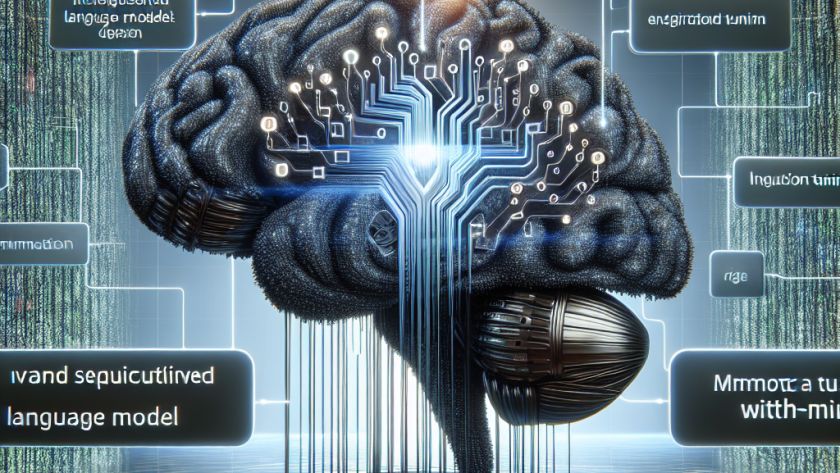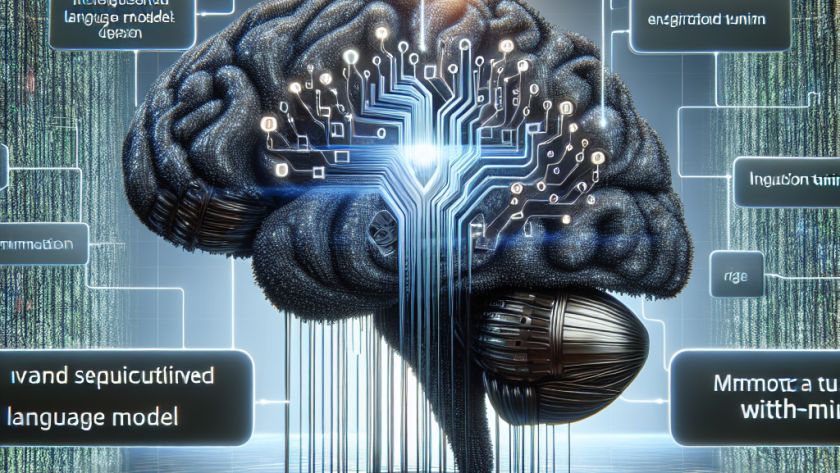Large language models (LLMs) are crucial to processing extensive data quickly and accurately. Instruction tuning plays a vital role in enhancing their reasoning abilities and preparing them to solve new, unseen problems. However, the acquisition of high-quality instruction data on a large scale presents a significant challenge. Traditional methods that rely heavily on human input…












